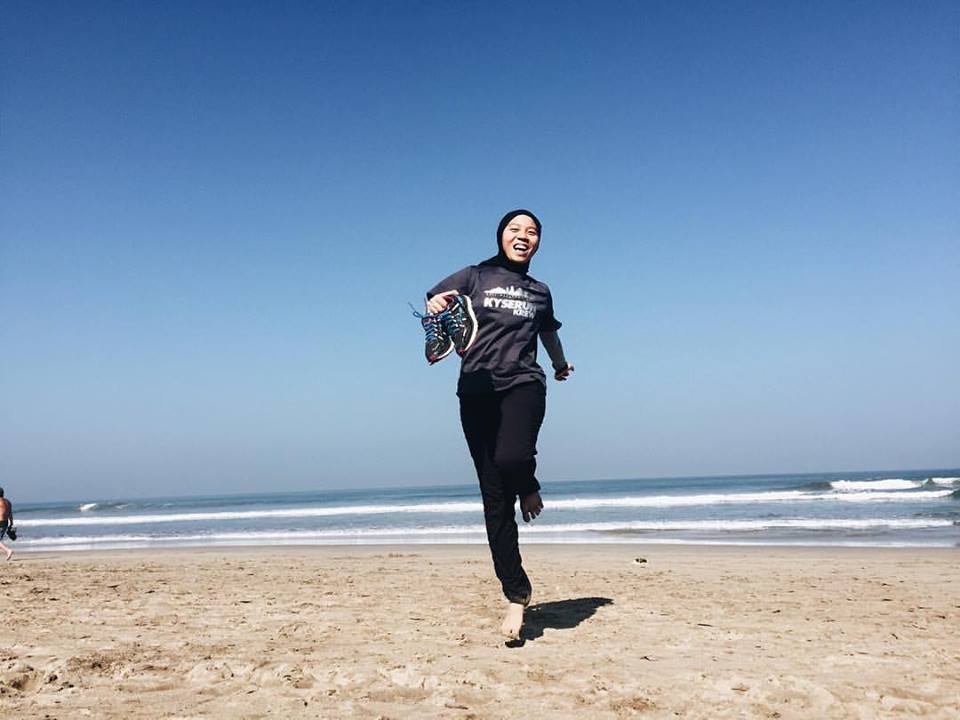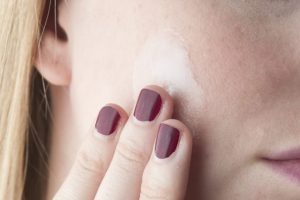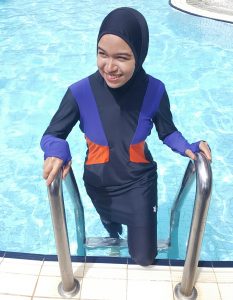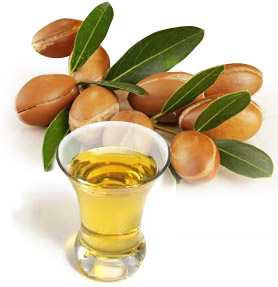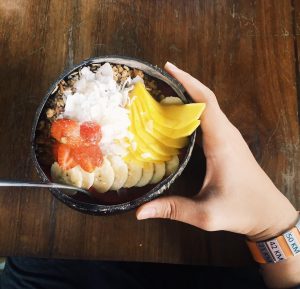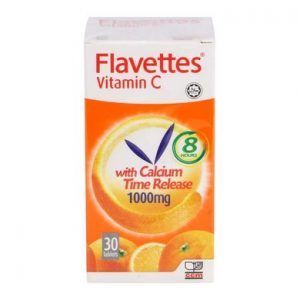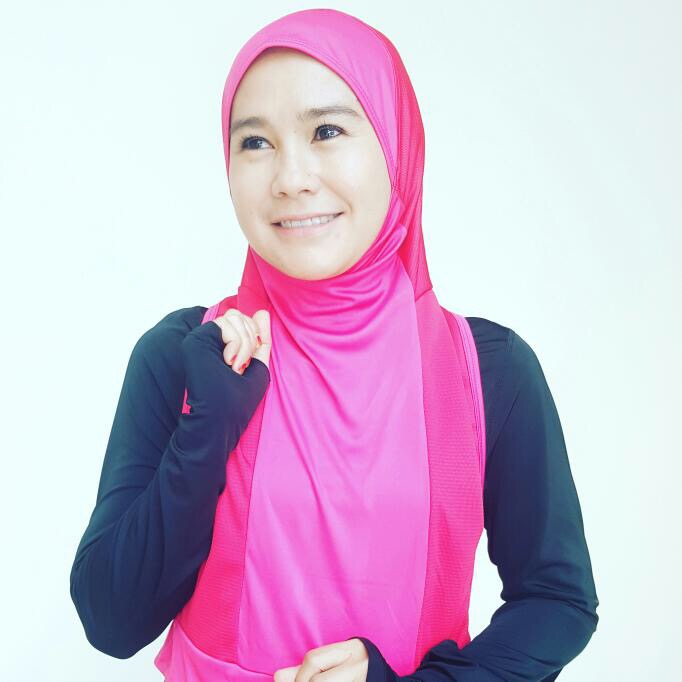
Sunscreen is important to maintain the skin integrity and prevent further damage by ultraviolet ray.
Sunscreen is the utmost important thing for those who are involved outdoor activities. Some are not clear, sometimes confused and misunderstand about which SPF they should choose, how much they need to apply, how frequent they need to apply and the list goes on. Here are some quick info about the sunscreen before you decide what to buy for yourself.
быстрый займ на карту срочно1. What is SPF?
SPF stands for ‘sun protection factor’ or more accurately; sun burn protection factor, It shows the level of protection against UVB, not the protection against UVA.
2. What are UVA and UVB?
UV radiation from the sun is transmitted in three wavelengths – UVA, UVB and UVC.
- UVC does not penetrate the earth’s atmosphere, so we only need to protect against UVA and UVB.
- UV radiation in the form of UVA is associated with skin ageing. It affects the elastin in the skin and leads to wrinkles ; sun-induced skin ageing and skin cancer. UVA penetrates the skin more deeply than UVB.
- UVB is the form of UV radiation most responsible for sunburn and has strong links to extension damage that can cause skin cancer. Most of the sunscreen products are design against UVB which is only for sunburn protection.
3. Higher SPF better for me?
It depends on the type of outdoor exposure you are expecting. For incidental sun exposure,..when you are outside only for minutes at a time, a sun protection factor (SPF) of 15 is usually sufficient.
For extended and intense exposure, you should use a broad spectrum, water-resistant sunscreen with an SPF of 30 or higher. Basically,..
- SPF 15 blocks 93% of UVB rays
- SPF 30 filters out up to 97 percent.
- SPF 50 filters out up to 98 percent.
SPF 30 sunscreen only gives you 4% more protection than SPF 15 sunscreen and SPF 50 only add on 1% extra protection compare to SPF 30.
Therefore, most dermatologists recommend to use SPF 15 or SPF 30 sunscreen for Asian.
4. Why not use a really high Sun Protection Factor (SPF)?
Sunscreens with really high SPFs, such as SPF 75 or SPF 100, do not offer significantly greater protection than SPF 30. It mislead people into thinking that they have more protection than they actually do.
5. How does sunscreen works?
The ingredients of sunscreens contain organic and inorganic filters which acts as mirrors; bouncing back UV straight back off the skin.
6. How much should I apply?
When using liquid forms, the minimum you should apply is at least six full teaspoons, (approximately 36 grams) That is about 2 mg per cm² to cover the body of an average adult. The best amount to apply are as below:
- 2 arms = 2 teaspoons
- Face + neck = 1 teaspoon
and just over one teaspoon to each leg, front of body and back of body.
- 2 legs = 3 teaspoons (1 leg would need over 1 teaspoon)
- Front of body = 2 teaspoons
- Back of body = 2 teaspoons
Applying less will reduce the protection against UVB. For example, only applying half the required amount can actually reduce the protection by as much as two-thirds.
7. How frequent should I apply?
It is also easy to forget to reapply sunscreen as often as necessary. Apply sunscreen 15 to 30 minutes before going out in the sun to allow it to dry, and then again shortly after heading outdoors to cover any missed patches and to make sure you’re wearing a sufficient layer. Reapply it at least every 2 hours. And apply immediately again after swimming, perspiring and towel drying or if it has rubbed off mirziamov.ru.
Now, what about UV protection on your clothes. Perhaps in the next post, but till then, keep healthy and be inspired 😉
- Reference : http://www.skincancer.org, http://www.bad.org.uk

